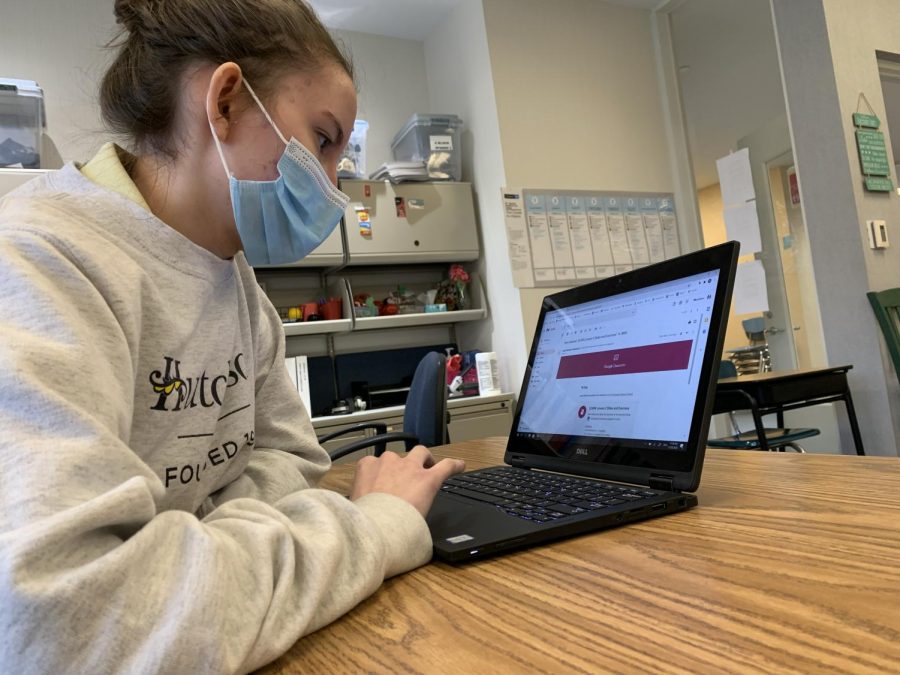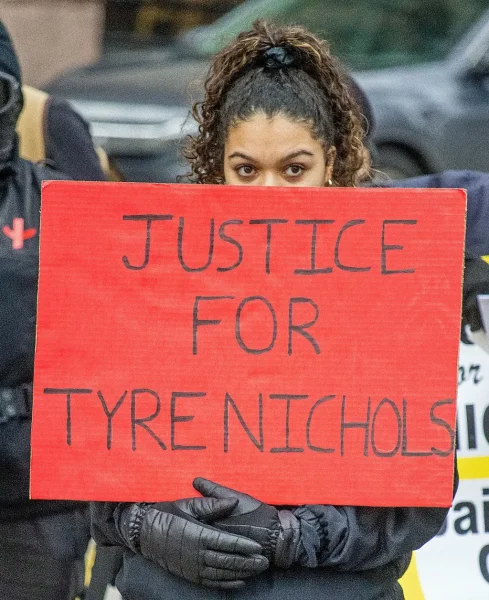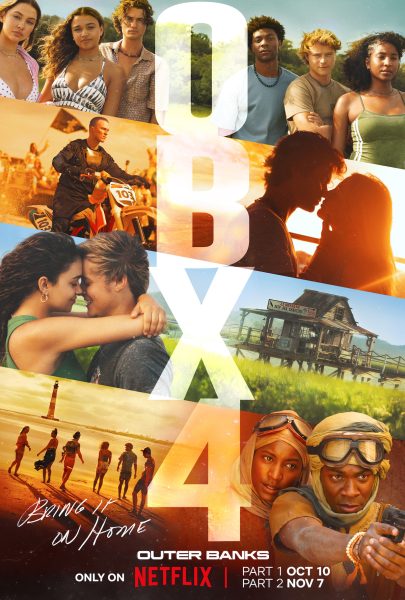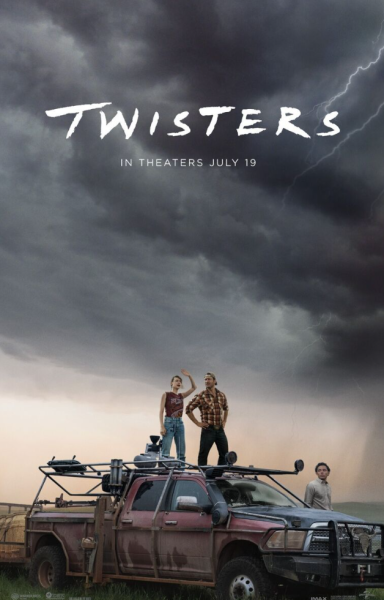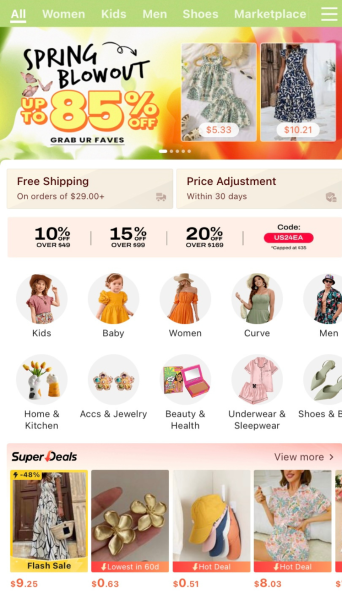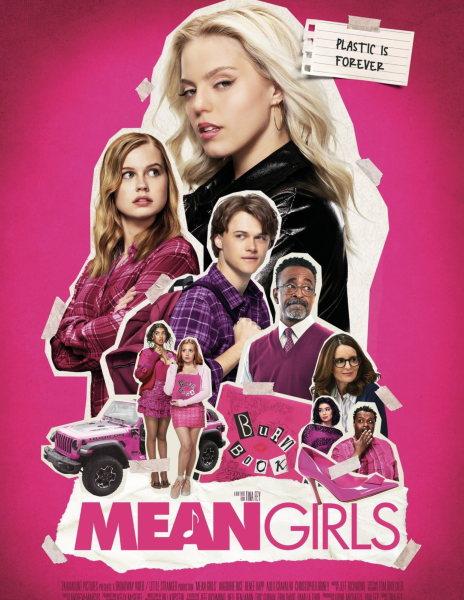Social Media Censorship
Zoe Borkowski ’22 using her computer.
Social media is considered to be the most popular way to communicate, but it is also considered to be one of major causes for issues like cyberbullying, trolls (people who provoke others online), and hackers. Not only that, social media platforms like Facebook or YouTube also have an issue, regarding censorship. Censorship is the prohibition or restriction of any media that is considered to be offensive or threatening. Censorship can be seen as beneficial, as it does protect users from interacting with harmful content. However, it is argued that censorship is an infringement of the First Amendment, freedom of speech.
“Although the United States has a First Amendment protecting free speech,” Barry Mauer from UCF said. “it does not extend to the workplace, the classroom, or the dinner table. It is limited to the press, to religion, to assemblies, and to petitions.”
Censorship can be expressed as something that can infringe on freedom of speech, as it does suppress the words of those online. However, the protections of the First Amendment aren’t absolute, as there are many interpretations on how the First Amendment works. Not only that, but censorship enforces the limitations on the freedoms the First Amendment offers (i.e. limitations on hate speech or illegal conduct). However, it is also argued that censorship on social media is faulty, as it also hinders awareness of certain topics, such as politics.
The most recent cases of censorship on social media occured when Facebook and Twitter decided to monitor posts regarding the 2020 election, as both platforms block questionable posts. The main purpose of the blockage was to stop the spread of inaccurate information and conspiracy theories. Such as Twitter once blocking a controversial New York Post story about Hunter Biden, President elect Joe Biden’s son. Although Facebook’s and Twitter’s new policies are seen to have good intentions, they both have sparked controversy. According to NPR news, Republicans claim that the new policies from Facebook censors conservatives unfairly, while Democrats say that such platforms should monitor harmful content.
“People have different ideas and views about where the line should be,” Mark Zuckerburg, CEO of Facebook, said. “Democrats often say that we don’t remove enough content, and Republicans often say we remove too much.”
And because of the controversy surrounding the new policies, questions were raised about Section 230 of the Communications Decency Act of 1996. Section 230 states that an interactive computer service can’t be treated as the publisher of any third-party content. That means that Section 230 protects websites from lawsuits if a user posts something illegal, with the exceptions of copyright violations and others. Additionally, Section 230 gives internet companies the power to make decisions about what content should be on their platforms. Both Mark Zuckerberg and CEO of Twitter Jack Dorsey said that online platforms should be more transparent about their decisions about what kind of content stays up and what they censor. Not only that, but Jack Dorsey also accepts the criticisms against Section 230, as he understands that the policies of social networks can feel “like a black box” to users.
“I hope this illustrates the rationale behind our actions, and demonstrates our ability to take feedback amid the stakes and make changes all transparently to the public,” Jack Dorsey said.
Besides the topic of the 2020 election that has caused censorship across the media, information about the Coronavirus is also being suppressed. When the virus broke out across the world, the importance of internet access was made clear, as having access to information about the virus can protect one’s individual health, along with the health of family and friends. However, it was until COVID-19 clashed with politics, and many world governments decided to censor reliable websites, suppressing the spread of information regarding the virus. One example is President Trump’s political appointees Paul Alexander trying to silence top officials at the Centers for Disease Control and Prevention, or the CDC, by attempting to have career civil servants rewrite CDC guidelines and trying to convince Dr. Anthony Fauci to refrain from encouraging children to wear masks, which Fauci declined.
Another popular example of censorship on social media is YouTube and their monetization policy. It has been known that YouTubers have censored or “demonetized” videos that contain content or discuss subjects that may be seen as sensitive, as an attempt to make the platform safer and more accessible to younger viewers and advertisers. However, YouTube’s demonetization policy has been faced with backlash, as many creators on the platform claim that it is frustrating because they aren’t getting enough reach in the algorithm. Not only that, demonetization prevents creators from gaining ad-revenue, meaning that they aren’t getting the income they usually get from their videos, and for most of the time, their videos get demonetized for small reasons. Even at the beginning of 2020, YouTube had to comply with the Federal Trade Commision (FTC) by following the Childhood Privacy Protection Act (COPPA), which means that they had to remove advertisements from content that are child-directed.
It has been debated whether or not censorship is a good thing for the internet. Censorship does do a good job of preventing harmful or misleading content from reaching users, like how both Mark Zuckerburg and Jack Dorsey wanted to prevent false information from spreading across their platforms, or YouTube trying to protect their young viewers. However, censorship isn’t perfect, as it can be used for the wrong reasons, like how the Trump Administration tried to silence the CDC guidelines for handling the Coronavirus, along with the faults in YouTube’s monetization policy.



